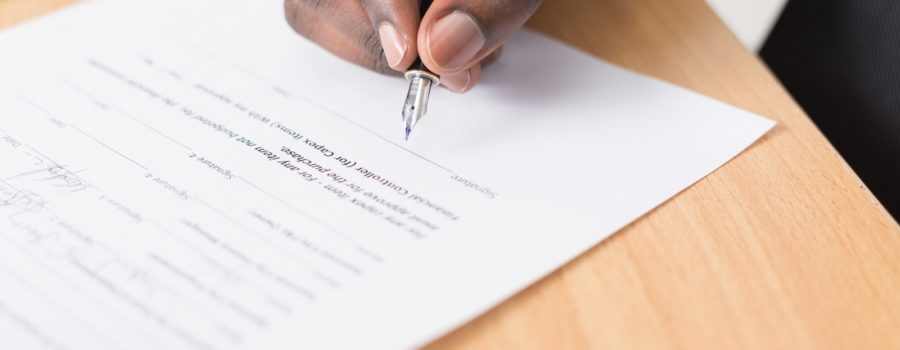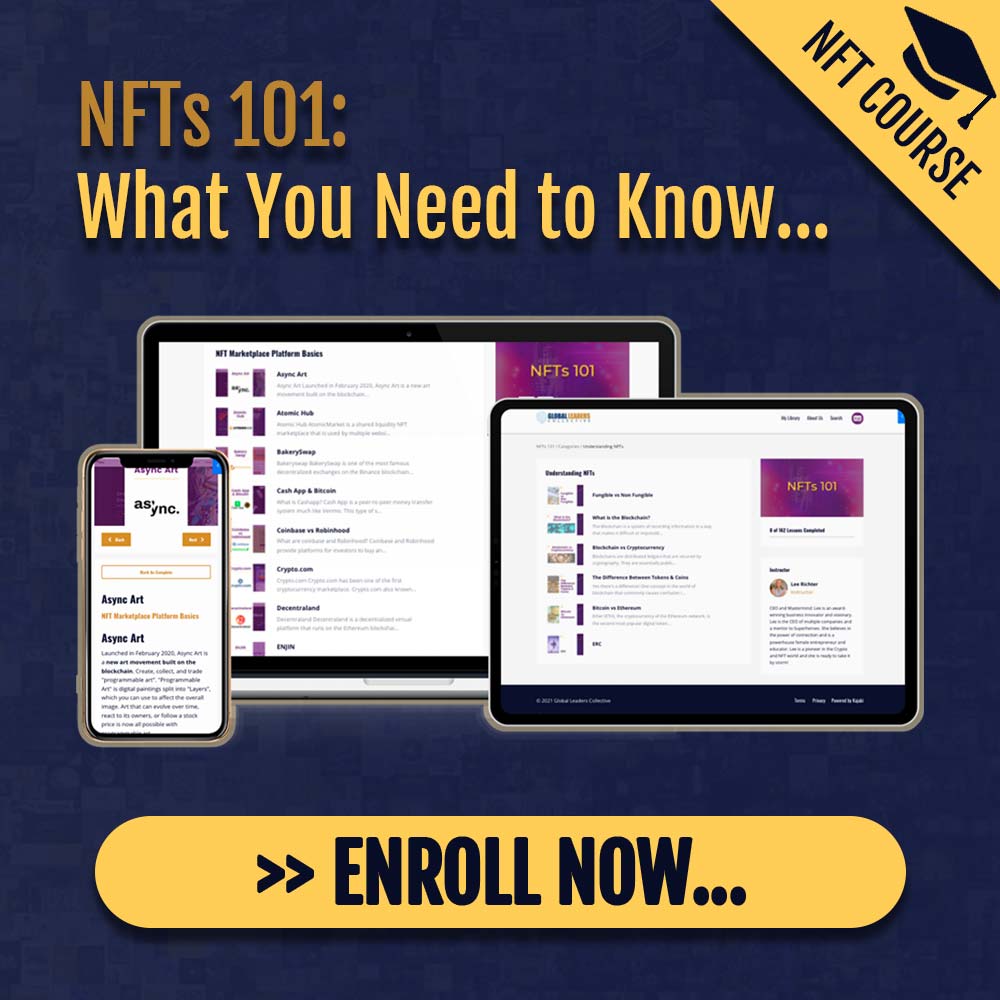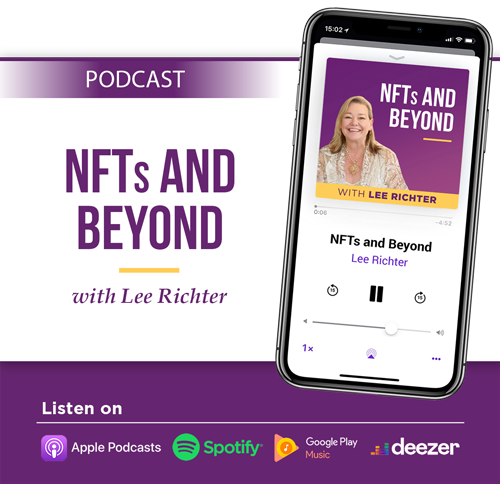In 1994, Nick Szabo came up with the idea of being able to record contracts in the form of computer code. This contract would be activated automatically when certain conditions are met. This idea could potentially remove the need for trusted third-party companies (such as banks).
Why, though? The answer is simple — because you no longer need a trusted third party when you make a transaction. Instead, the contracts (or transactions) are self-executed on a trusted network that is completely controlled by computers.
What is a Smart Contract?
- A smart contract is an agreement between two people in the form of computer code.
- The transactions that happen in a smart contract are processed by the blockchain, which means they can be sent automatically without a third party.
- The transactions only happen when the conditions in the agreement are met — there is no third party, so there are no issues with trust.
How Does a Smart Contract Work?
- In the simplest terms, the agreement will look like this: “WHEN John pays Mike 300 Ether, THEN John will receive ownership of the house”.
- Once this smart contract agreement has been put into place, it cannot be changed — meaning John can feel safe to pay Mike 300 Ether for the house.
- Without the use of a smart contract in this scenario, Mike and John would have to pay lots of fees to third-party companies. Including the bank, a lawyer and a house broker.
How is This Possible?
- Because of blockchain technology, we are able to decentralize smart contracts so that they are fair and trustless. By decentralizing, they are not controlled by one central party(banks, brokers, government, etc).
- It means it’s near impossible to hack it — the hacker would need to hack more than half of the nodes if they wanted to attack the blockchain or the smart contracts that run on it.
Applications and Examples of Usage
- Insurance Companies
- John is about to fly from NYC to Los Angeles. He sends $5 worth of cryptocurrency to the Axa Insurance smart contract and provides his flight number. Axa sends $95 to the smart contract. So, there is $100 in the smart contract.
- If John’s flight is on-time, Axa is sent $100 from the smart contract. But if the plane is late, $100 is sent to John from the smart contract. Everything is automatic.
- This saves lots of time and money. It also means that John does not have to trust that AXA will pay him the agreed amount if his flight is late — he knows that if it is late, the smart contract will instantly send him his compensation ($100).
- Health Systems
- Health systems will use smart contracts to record and safely transfer data.
- This is an application that uses smart contracts to transfer patient data in a secure way, allowing no access from third parties.
- This way, the patients are in control of their own data. If researchers want to use patient data, they must pay for it. Not only that, but the patient has to choose whether or not they want to sell it to them.
The potential of smart contracts cannot be limited. They can be used for small regular agreements as well as contracts for governments and enterprises too. They allow traders and buyers to track their purchase back in the supply chain which increases trust.
While third-parties like lawyers, government bodies etc. make a hole in our pockets in the form of fees for making agreements; smart contracts save this money by eliminating the need for such intermediaries. When it comes to using smart contracts, all we need to do is check the code before the execution, everything after that will be done in an electronic way. Smart contracts provide us with an opportunity to make our routine transactions and processes more streamlined and automated.








